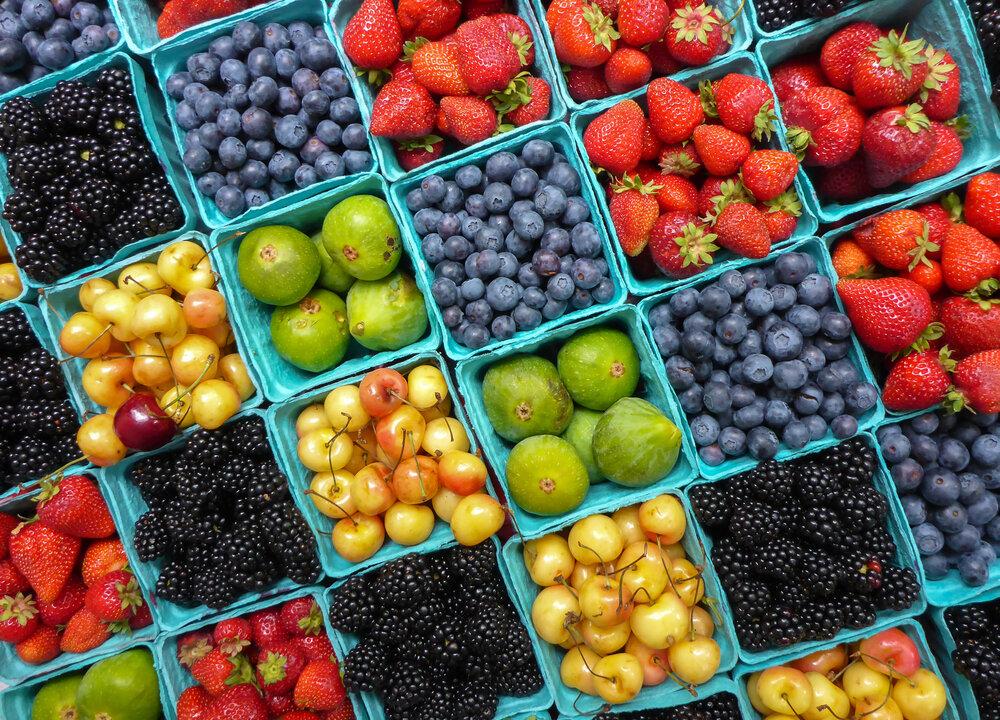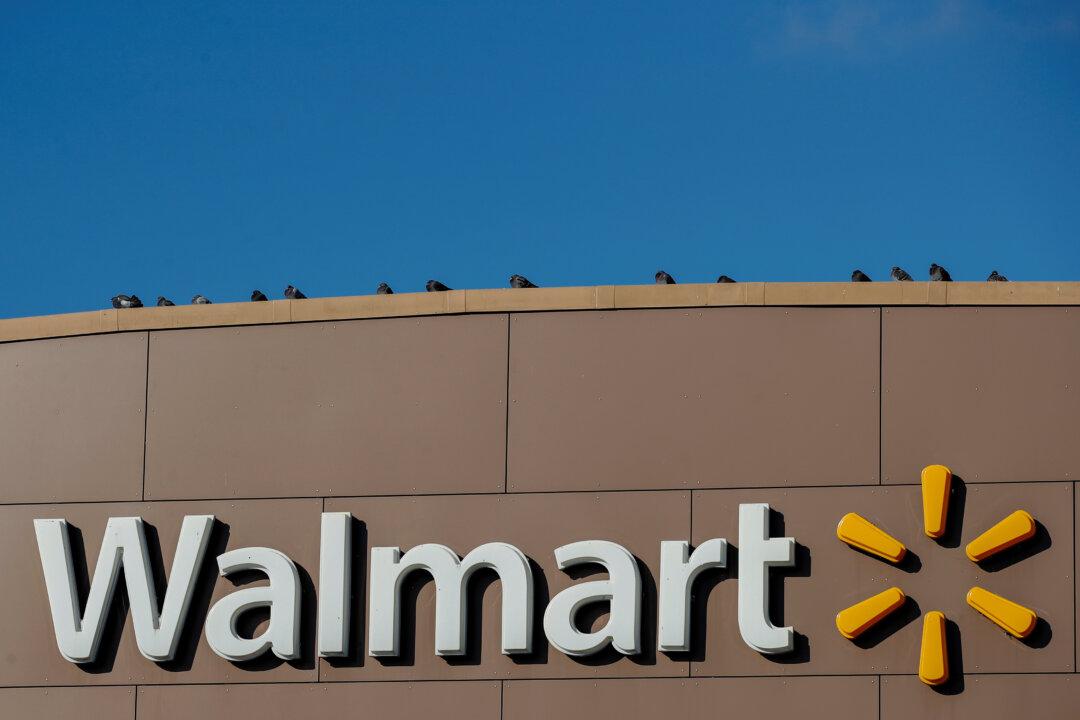The Environmental Working Group (EWG), a nonprofit environmental health organization, released the 2023 Shopper’s Guide to Pesticides in Produce on Wednesday.
The research revealed that almost 75 percent of non-organic fresh produce sold nationwide contains residues of potentially harmful pesticides.





